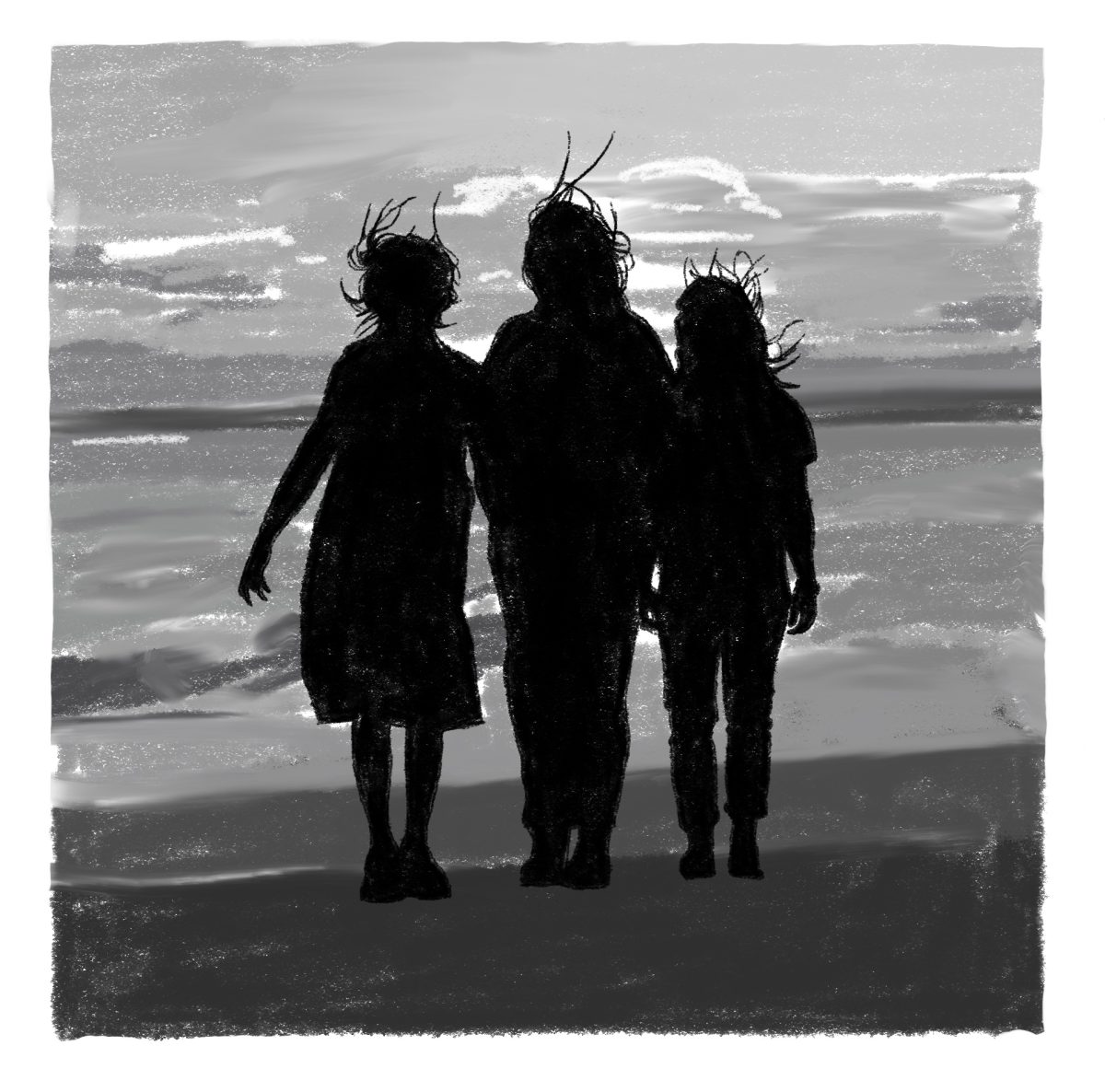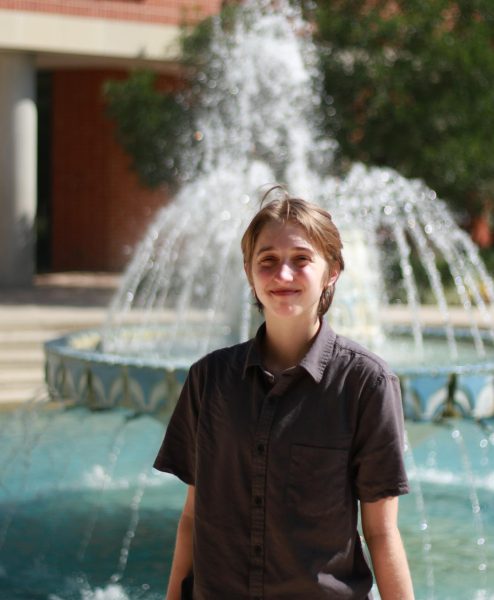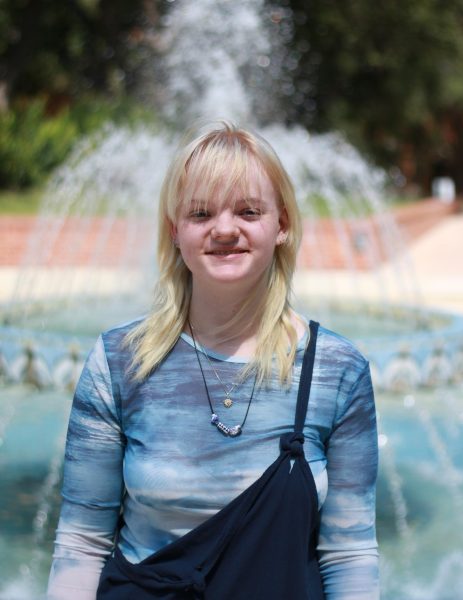Boygenius’ recent EP “the rest” is simultaneously a wide-ranging cosmic conversation and an intimate moment of reflection and companionship. Phoebe Bridgers, Lucy Dacus and Julien Baker, the artists known collectively as boygenius, exhibit their songwriting personalities in the EP while achieving cohesion among the album’s four songs.
During an in-store performance at Fingerprints Music last Friday, the band played and discussed the first two songs on the EP, “Black Hole” and “Afraid of Heights.” Baker said she was inspired to create “Black Hole” when Dacus showed her a headline about black holes creating stars instead of absorbing and destroying them, which manifests in the lyrics, “You can see the stars, the ones / the headlines said this morning / were bein’ spat out by what we thought / was destroyin’ everything for good.”
Baker’s image of a black hole begins the near-constant space references and introduces a cosmic awareness throughout the EP. Though it takes the forefront in “The Rest,” extraterrestrial imagery imbues the band’s other releases.
Bridgers threads references to the moon into her verses throughout boygenius’ discography. In “Letter To An Old Poet” from their full-length album “the record” which was released this March, she sings “I’ll go up to the top of our building / and remember my dog when I see the full moon.” She returns to the moon once more in “the rest” during the song “Voyager.” She says “Walkin’ alone in the city / makes me feel like a man on the moon.” This seems to marry the groundedness of seeing the moon from Earth and the projection of oneself into space with it that “Letter To An Old Poet” explores, giving the speaker in “Voyager” a sense of perspective that is reiterated in its next lines.
“Voyager” ends with Bridgers singing “Every small step I took was so easy / but I never imagined a dot quite as pale or as blue / you took it from me, but I would’ve given it to you.” Here, she references Neil Armstrong, the first man to walk on the moon, and his famous quote “One small step for man, one giant leap for mankind,” as well as the image of Earth taken in 1990 by the space probe Voyager 1 that Carl Sagan calls the pale blue dot in his book of the same name. Sagan’s book heavily emphasizes perspective, contrasting this image in which Earth appears miniscule with the enormity of the love and suffering it contains.
Though far less evocative of intergalactic imagery, “Afraid of Heights” exhibits this cosmic perspective through the speaker’s experience with a reckless friend. The song confronts the illusions of meaning and agency the friend seems to find in danger with the quieter but perhaps even more bold peace the speaker tries to find through their fear of such activities.
The way Bridgers discusses her approach to choruses in an interview with Genius on “the record’s” “Not Strong Enough” complements the choruses written by Dacus in “Afraid of Heights.”
“I love a chorus that sounds phonetically similar to the last one but isn’t and means an opposite thing or an expansion on the first thing,” Bridgers said in her interview with Genius.
This opposition is prevalent in the choruses of “Afraid of Heights,” where Dacus sings, “When the black water ate you up / like a sugar cube in a teacup / I got the point you were makin’ / when I held my breath ‘til you came up.” Trying to understand this friend’s daredevil philosophy at first, wrestling with it in the second chorus until she rejects it in the third, she says, “You called me a crybaby / but you’re the one that got teary tellin’ me what you believe.”
Despite the rejection of their friend’s recklessness, though, the speaker in “Afraid of Heights” seems unsure that their self-preservation is truly a product of the cosmic perspective represented by the pale blue dot in “Voyager.” Nevertheless, the song ends with Dacus committing to hope despite her uncertainty, singing, “Oh it hurts to hope the future / will be better than before.”
“the rest” explores expansive uncertainties and anchoring constants, and it discusses relationships, the universe and poetic parallels between the two.
The group’s full-length album, “the record,” released in March of this year, clearly references their self-titled debut EP released in 2018, as well as each band member’s — Phoebe Bridgers, Lucy Dacus and Julien Baker’s — solo music.









